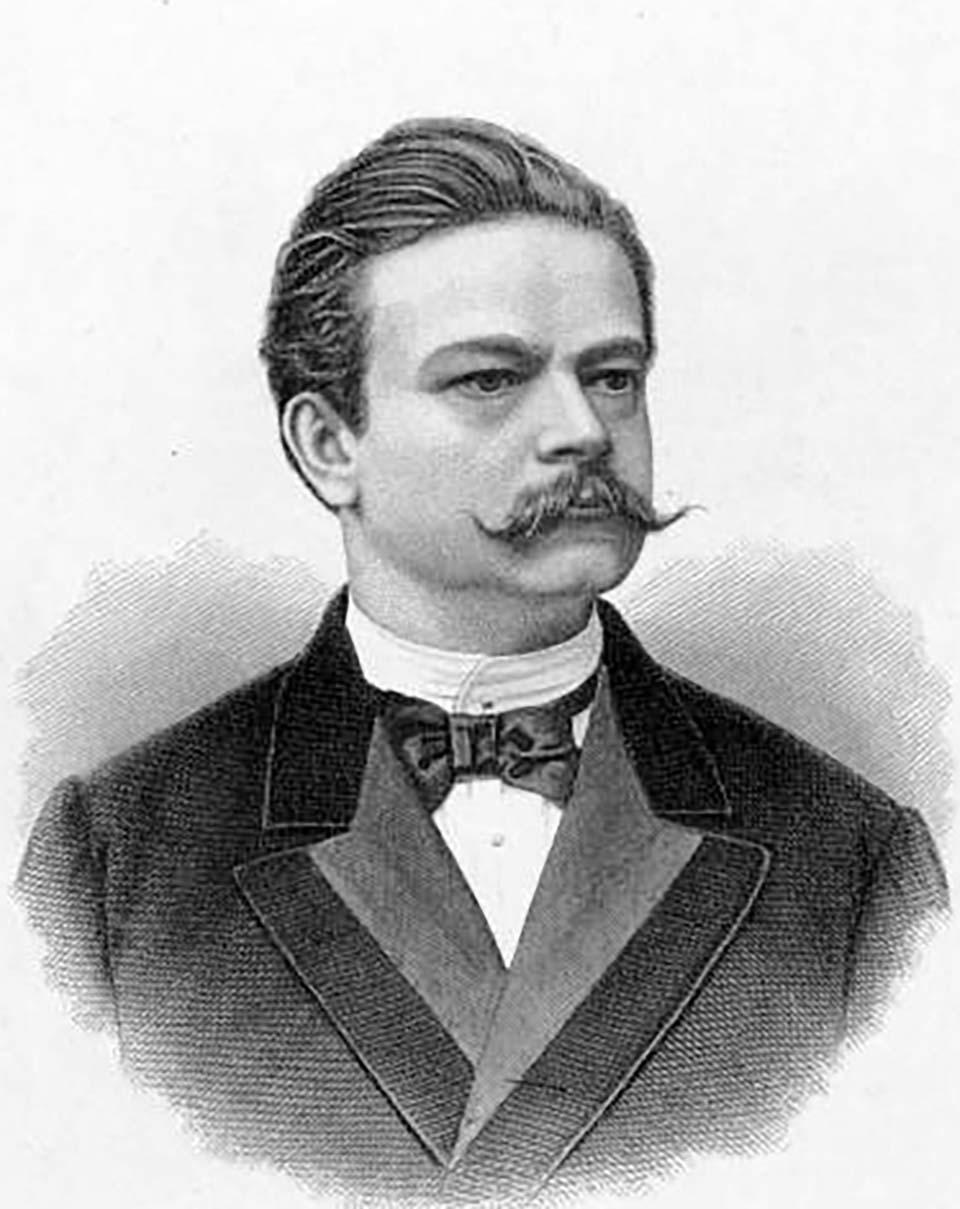
Some weeks ago, I was writing about how a few musical instruments of yesteryear have virtually become extinct. A similar thing often befalls composers, or rather the music of composers. Try for example, an Internet search for “19th century composers” and if you end up on a Wikipedia page, you’ll find literally hundreds of names many of which I can guarantee you have never before encountered. You may wonder what happened to all these composers and why we never hear their music any more.
Well, I’m inclined to think that it’s another example of the survival of the fittest, to borrow once again that useful, but slightly misunderstood cliché. The reason that many composers are forgotten is slightly similar to why certain species became extinct. At the risk of over-simplification, firstly there were too many of them. Secondly, many were unable to adapt to changing artistic environments. The names that survived did so largely because they forged ahead musically and stylistically rather than merely standing still. It might seem curious, but audiences in the eighteenth and nineteenth centuries wanted new music, not something old-fashioned and out of date. Composers whose music was not deemed “new” enough were at a disadvantage. But not too “new” of course. Those too far ahead of their audience were also, at least temporarily at a disadvantage.
But what about today? The audiences that fill our concert halls want something familiar, or at least something that they will have a reasonable chance of understanding and enjoying. Concert promoters know this only too well and normally ensure that their programmes will draw an audience to cover their costs. A programme consisting of works by obscure, long-dead composers is unlikely to attract anyone but the most curious. Additionally, there are simply not enough concert opportunities for obscure composers to get a look-in. The sad fact is that most of those forgotten names are likely to remain in the shadows, despite the fact that they might have written wonderful music.
One of them is the grandly-named August Friedrich Martin Klughardt who was a German composer and conductor. He began composing at an early age and in 1866 moved to Dresden where his music was performed publicly for the first time. He also took up conducting and eventually worked his way up to the court theatre in Weimar. He became friends with Franz Liszt and Richard Wagner and in 1892 and 1893 conducted Wagner’s massive opera cycle, Der Ring des Nibelungen. Although Klughardt composed six operas, five symphonies and other orchestral works as well as a handful of chamber works, his music has largely been forgotten.
It’s the usual reason. His music was too conservative and didn’t reflect the shifting trends of the time. Although he was influenced by Wagner and Liszt, Klughardt never wrote modern-style tone poems and instead concentrated on symphonies and chamber music.
August Klughardt (1847-1902): Schilflieder, Op 28. Tom Owen (ob), Öykü Canpolat (vla), Nicholas Rimmer (pno). (Duration: 18:03; Video: 1080 HD)
The title is variously translated as Reed Songs or Song of the Reeds and the work consists of five Fantasiestücke or “fantasy pieces” derived from a poem of the same name by the 19th century Austrian poet Nikolaus Lenau. He was interesting character. The name Lenau is a pseudonym, for he was born Nikolaus Franz Niembsch Edler von Strehlenau. At some stage he must have decided that it was too much of a mouthful and as a young adult, he began studies in law, medicine, and philosophy. He didn’t complete any of them and seemed unable to settle down to any serious work. Instead, he turned to writing romantic verse, imbued with sentimental melancholy probably inherited from his mother. A family legacy enabled him to devote himself wholly to poetry, though much of it was gloomy stuff and reflected his dissatisfaction with life in general. The poet suffered lifetime depression and sadly ended his days in a Viennese lunatic asylum.
Nevertheless, his poetry was influential at the time and inspired works by Richard Strauss and Franz Liszt. August Klughardt composed this delightful and lyrical suite in 1872 based on a Lenau poem which described a wanderer roaming the countryside at different times of the day. Incidentally, the word fantasy (and its several variants) is often used by composers to imply music that has a free flight of expression and an improvisational character.
Dedicated to Franz Liszt, the Schilflieder were quite well-known during Klughardt’s lifetime and the work stayed in the repertoire well into the 20th century. However, few works by Klughardt are performed these days, but there’s a rare chance to hear a live performance of his Wind Quintet Op 79, to be given at Ben’s Theater Jomtien on Saturday 1st October by the Mahidol Wind Quintet. You can find details online. If you enjoyed Schilflieder you’re sure to enjoy this charming work for wind instruments which dates from 1898 and captures perfectly the composer’s attractive if rather conservative musical style.
 |
 |
 |





